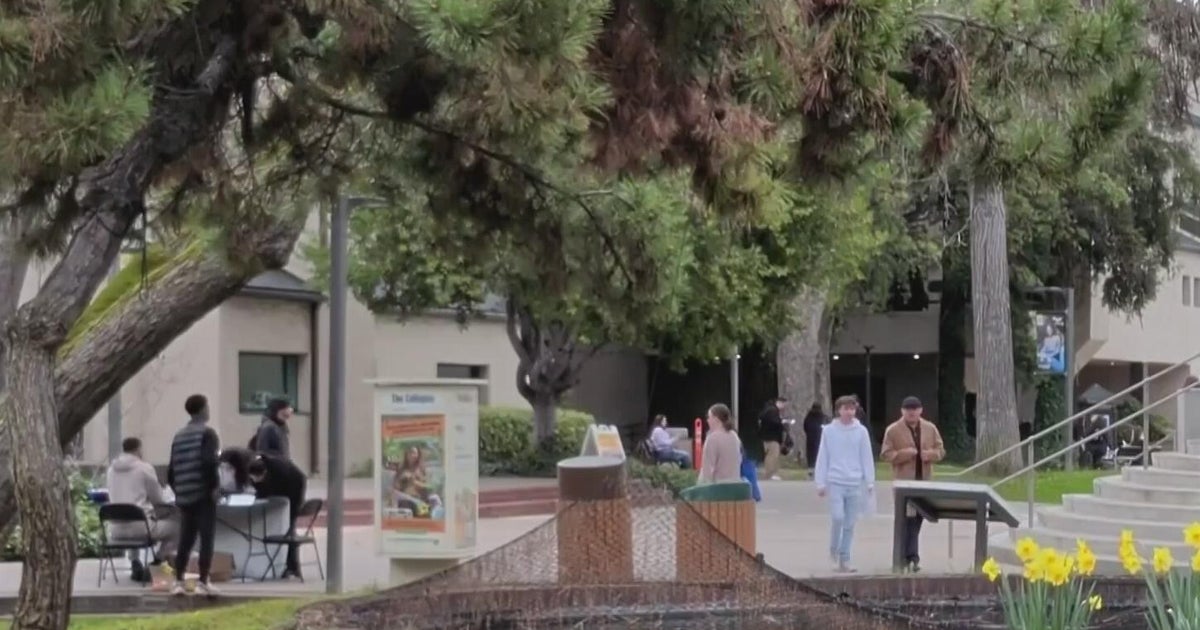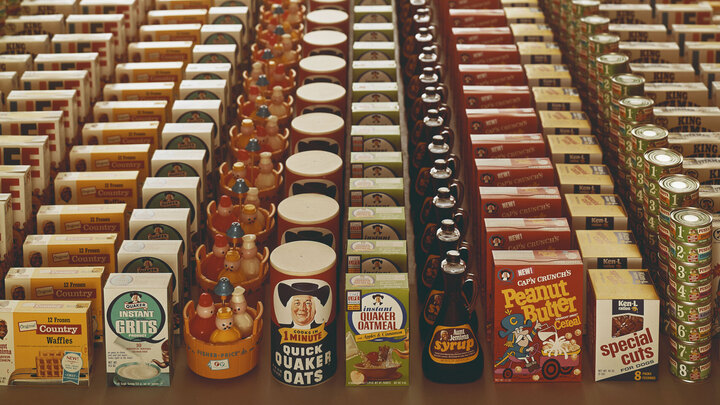5 food additives linked to health risks could be banned under California proposal
Some popular candies and snacks are being put under the microscope. California could become the first state in the nation to ban the sale, manufacture and distribution of foods containing five chemicals linked to cancer risk, reproductive harm and behavioral issues in children.
State Assembly member Jesse Gabriel of Woodland Hills is a co-sponsor of AB 418, which would prohibit the use of red dye No. 3; titanium dioxide, which is used in many candies; potassium bromate, used in some breads; bromated vegetable oil; and propylparaben.
Gabriel calls the additives "the worst of the worst."
All of these additives have been banned in Europe for years. Potassium bromate, a suspected carcinogen, is also banned for human consumption in China and India. Red dye No. 3 has been in banned in cosmetics in the U.S. since the 1990s.
Thousands of different chemicals are added to processed foods to enhance freshness, taste and color. In the U.S., potassium bromate is used by some food makers, usually in the form of fine crystals or powder, to strengthen dough. It is estimated to be present in more than 100 products.
"When I realized that 99% of these chemicals are not being reviewed by the FDA, that was my 'ah-ha' moment," Gabriel said.
Dana Hunnes, senior clinical dietitian at UCLA, believes the number of additives in our food supply is concerning.
"The more we consume of a certain product, the more likely it is that we're going to have negative side effects in our body," she said.
The food industry is pushing back. Nearly a dozen business associations responded in opposition to the proposed legislation, saying "The United States federal government has a comprehensive food safety process... and the five additives have been thoroughly reviewed... and continue to be deemed safe."
In a statement to CBS News earlier this year, the U.S. Food and Drug Administration said all food additives require "pre-market evaluation" and "regulations require evidence that each substance is safe at its intended level of use before it may be added to foods."
"Post-approval, our scientists continue to review relevant new information to determine whether there are safety questions and whether the use of such substance is no longer safe," the agency added.
For example, the FDA said that when used properly, potassium bromate converts into a harmless substance during food production. The agency acknowledged, however, that not all of the compound used in any given recipe may convert during the production process, but that control measures were utilized to minimize the amount in final products.
Ashley and Jermaine Rawlings are careful about what they feed their two young children. They read food labels closely, and Ashley thinks the proposed legislation is a good idea.
"It's crazy that I have to look at every single product to even see what's going into my child's body, what's going into my body," she said.
Most Americans are likely unaware that they are being exposed to substances in their food that are viewed as dangerous in Europe, Erik Millstone, an expert on food additives at England's University of Sussex, previously told CBS News.
"They probably just think, 'Well, if it's available or it's in the store, it's probably fine,'" he said.
Supporters of the bill in California are hoping the legislation will spark changes nationwide.
The bill still must clear the committee level before going to a vote of the full Assembly. Then it must pass the state Senate and receive Gov. Gavin Newsom's signature before it can go into effect.
–Holly Williams and Erin Lyall contributed reporting.



